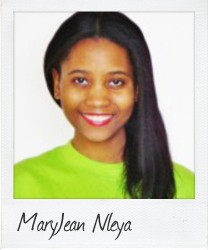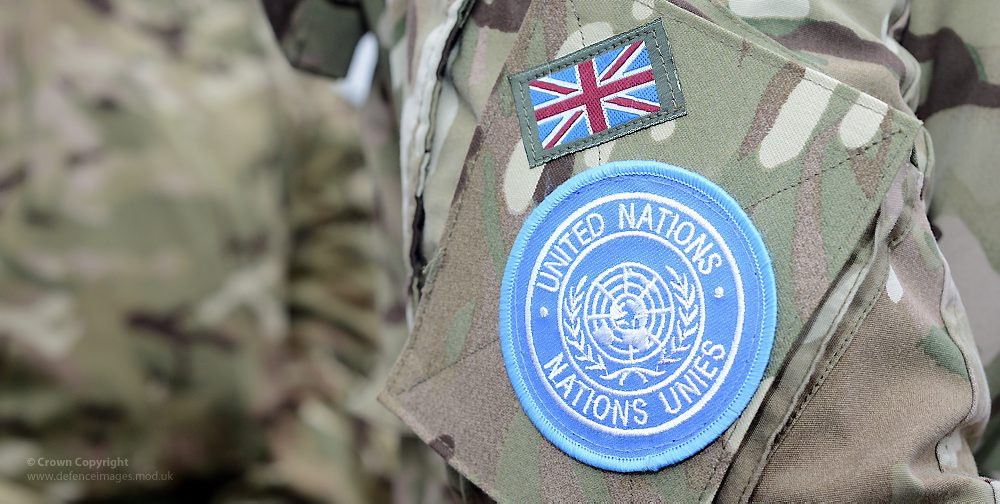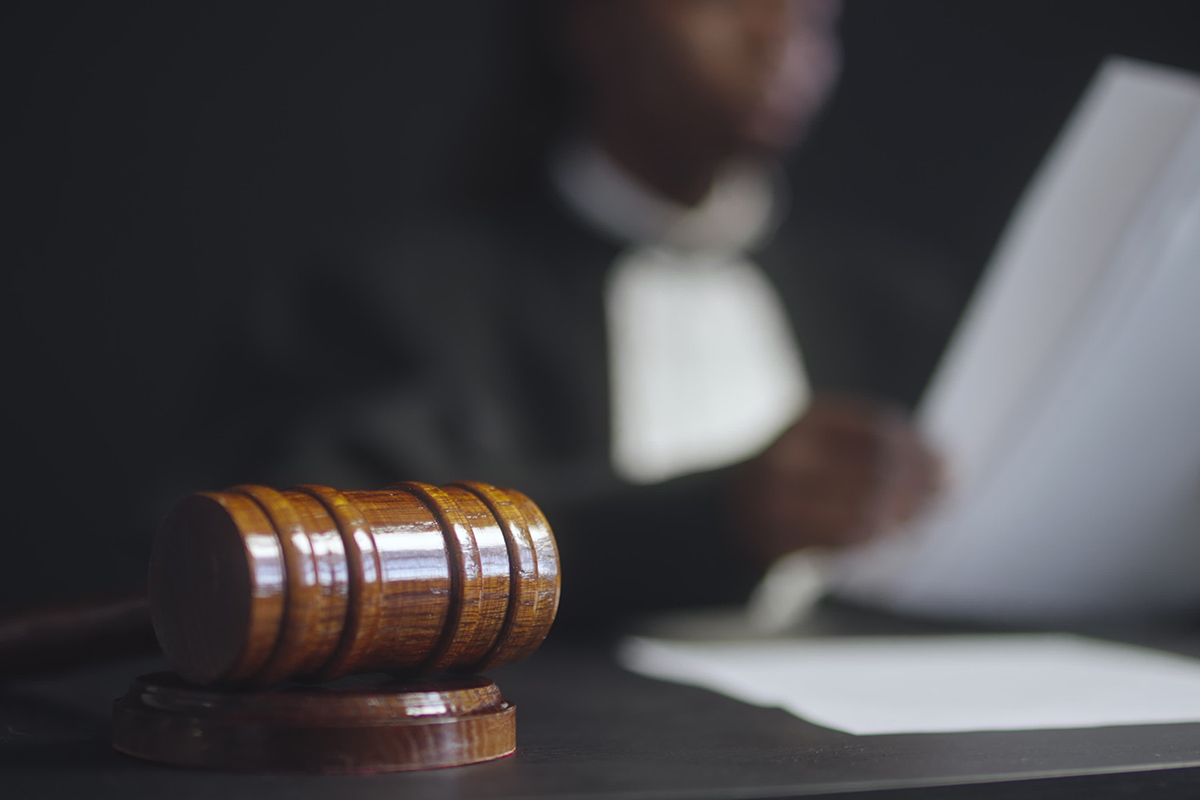“Is global peace hanging on the precipice?”
June 27 There is lack of certainty in the international global order, writes Mary-Jean Nleya, 24, a Correspondent from Botswana. The U.K.’s Brexit vote followed by U.S. election results were shocks in 2016, while 2017 unfolds in surprises like the U.K. early general elections.
There is lack of certainty in the international global order, writes Mary-Jean Nleya, 24, a Correspondent from Botswana. The U.K.’s Brexit vote followed by U.S. election results were shocks in 2016, while 2017 unfolds in surprises like the U.K. early general elections.
Prime Minister Theresa May’s bid for early elections flowed directly from the 2016 EU referendum. On the other side of the Atlantic, 2016 campaign rhetoric relating to U.S. foreign policy on China, Syria and Russia had been at odds with the recent sharp turns President Trump made on his journey as president of the United States.
President Trump met with Chinese President Xi Jinping on April 7th, 2017, and days later stated in an interview that China would not be labelled as a currency manipulator – an argument he had made on the campaign trail. As well, President Trump responded to Syria’s alleged use of chemical weapons on civilians and ordered a military strike on a Syrian government airfield. The action was contrary to Trump’s previous position. For years prior to his presidency he had called for “staying out of Syria”. However, this changed. The U.S. military strike against the Syrian government was condemned by Russia as an attack against its ally.
Following these events, President Trump stated that U.S.- Russia relations “may be at an all-time low”. The resultant turn of events since the 2016 campaign trail statements and remarks appears to contrast significantly with the April 2017 U.S. administration’s foreign policy.
On April 12th, Russia, as was widely expected, vetoed a U.N. resolution to condemn the use of chemical weapons in Syria’s northern town.
The U.N. has at times been in gridlock due to competing political interests of the permanent members of the Security Council. This ultimately defies the purpose of sovereign states having a meeting of the minds in matters of global importance – matters literally of life and death. The horrific images of lifeless bodies or people struggling to breathe after alleged use of chemical weapons is apparently not powerful enough to lead to a unified approach to tackling such issues.
A peaceful global order has been an aspiration from the early 1900s, through the formation of the dissolved League of Nations. The inability of the League of Nations to prevent World War II once again revealed the importance of the participation of all nation-states, big or small, in a unified international organisation advocating for world peace, resulting in the formation of the United Nations in 1945.
Yet certainty and predictability in the global order is not a given. Witness concern over tension between the U.S. and North Korea. Or watch the flexing of muscles by super-power nations, for instance the U.S. dropping the “Mother Of All Bombs” in Afghanistan on ISIS tunnels, followed by Russia revealing that it, too, has the ultimate “Father Of All Bombs”. Couple that with North Korea’s defiant military show on April 15th and its launching of ‘forbidden’ missile tests, which have in recent weeks become the norm.
The state of affairs in the U.S. political landscape with the firing of the former FBI director, James Comey, the ongoing probe on the Trump campaign’s collusion with Russia during the 2016 election season, the meeting President Trump had with Russian diplomat, Sergey Lavrov and Putin’s offer of the meetings’ transcript, has been labelled by America’s adversary, Russia, as “schizophrenic” – with Putin poking fun at the episode with jokes and laughter.
“President Trump was sending mixed signals during the campaign and mostly signals that he would like some kind of deal with Russia and that there would be many aspects where he would overlook Russia’s approaches,” said Vladimir Ashurkov, an ally of Russia’s key opposition figure, Alexei Navalny, a Central Council member of the Progress Party in a March 2017 interview.
“This goes to show that in today’s fragile world, in very fragile electoral situations in different countries, a small influence by Russia, which can use sophisticated cyberwarfare methods – influencing media and public opinion (and it has the financial resources for that) Russia can really make a make a difference that can affect the political situation in major countries and in the whole world […] The structure of the international order is in question now … [and] Mr. Putin is out there to exploit these vulnerabilities,” Ashurkov said in the same interview.
It is certain that the world’s largest fully functioning democracy is being tested on different fronts. It is through this testing of the U.S. that we see democracy in full action: the role of an independent judiciary after President Trump’s travel ban executive order; the role of an independent legislative branch of government and of course the functioning of the executive branch of government. What has been on full display has been the full functioning of the fourth estate of government – the media, particularly the news media.
What remains to be achieved is a meeting of the minds by the international community on promoting global peace, particularly in unstable regions. In this generation, we have found ways to get humans into space and ways for people thousands of miles apart to communicate visually on miniature devices; but we are yet to find ways to peacefully coexist and not let the quest for power thwart the efforts of peace. Now, in the 21st century, nation-states ought to go back to the drawing board to remind one another of the basis for an organisation that seeks to promote a peaceful global order.
photo credit: Defence Images British Army Soldier Wearing United Nations Badge via photopin (license)
…………………………………………………………………………………………………………………
About me: I am a young African who has a keen interest in the intersection between law, the media and economic development. I am also founder and editor of The Global Communiqué
I have conducted extensive research on legal adjudicative methods to promote women’s rights, sustainable economic development and the African Growth and Opportunity Act and its implications on various sub-Saharan African economies. I am a One Young World Ambassador and hold an LL.M. from Harvard Law School and a LL.B. (cum laude) from the University of Pretoria, South Africa.
…………………………………………………………………………………………………………………
Opinions expressed in this article are those of the author and do not necessarily represent the views of the Commonwealth Youth Programme. Articles are published in a spirit of dialogue, respect and understanding. If you disagree, why not submit a response?
To learn more about becoming a Commonwealth Correspondent please visit: http://www.yourcommonwealth.org/submit-articles/
…………………………………………………………………………………………………………………




